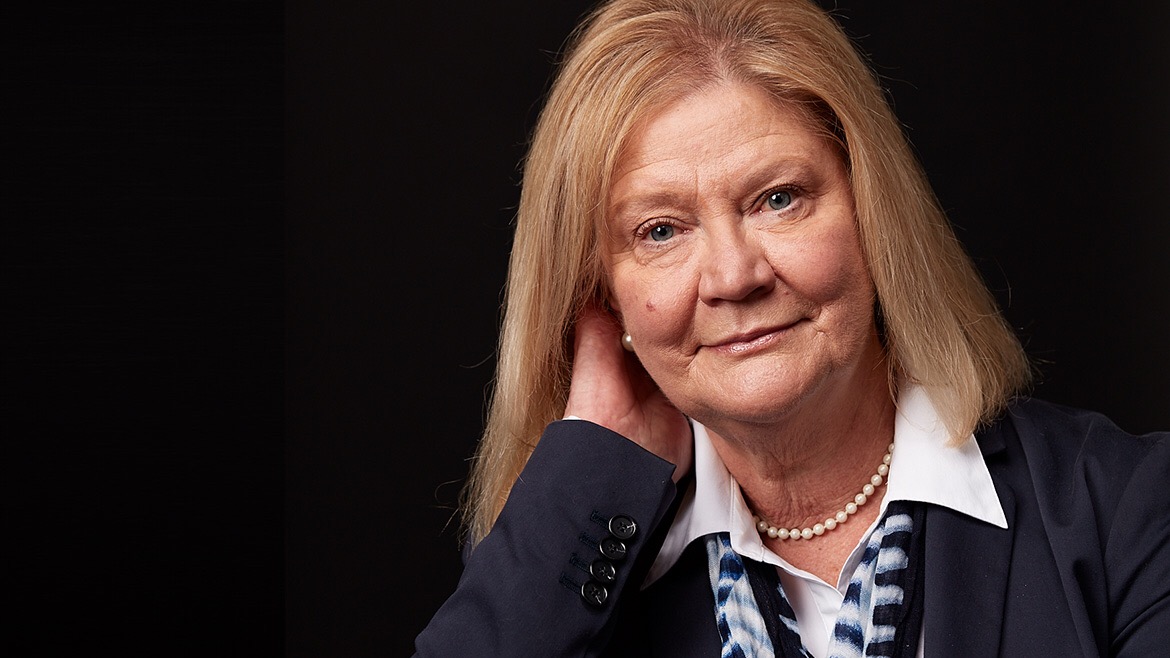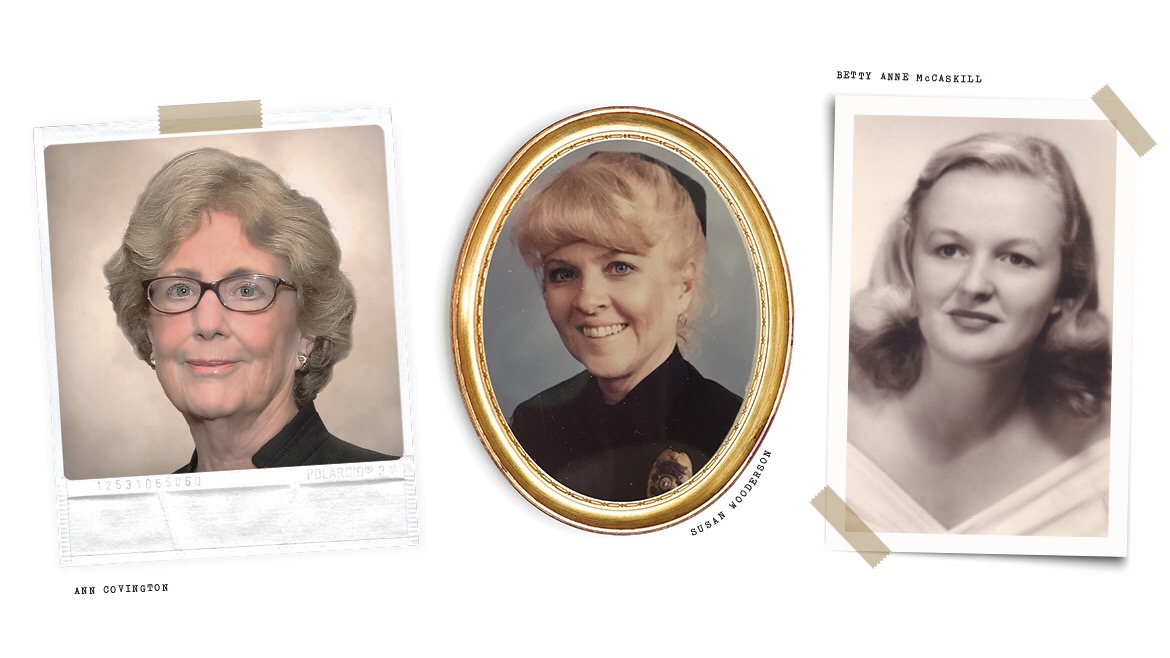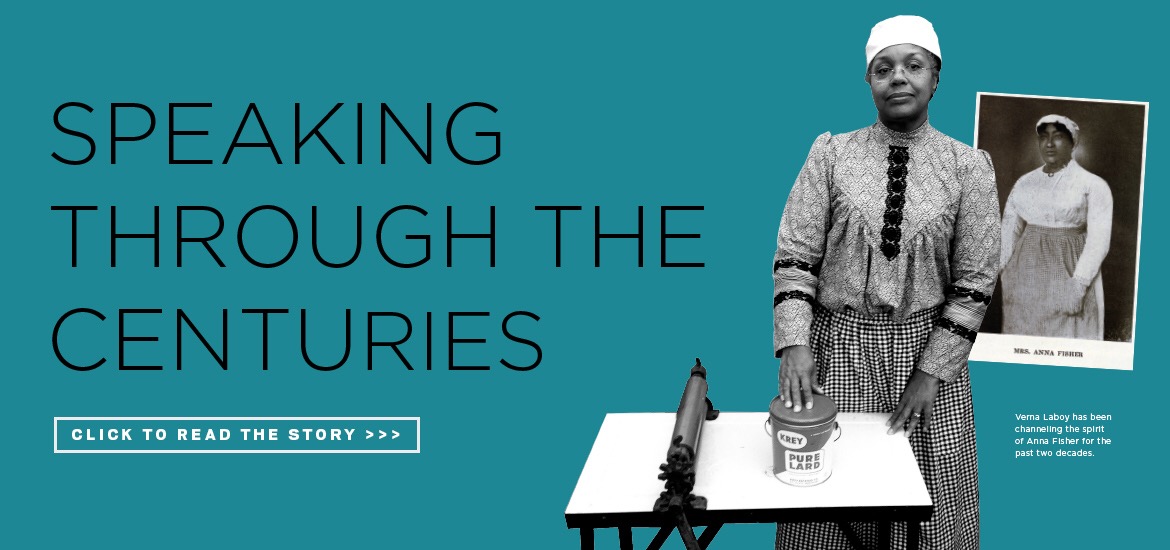Groundbreaking Women Who Paved the Way in Columbia

When Ann Covington began practicing law in Columbia in the late 1970s, she often heard her profession preceded by her gender: woman lawyer.
She didn’t mind the adjective all that much. She had heard worse. But she also didn’t believe it was necessary.
“I wanted to be perceived as a lawyer. Not as a woman lawyer,” Covington says. “But we were unusual enough that the adjective was used. I wanted to be perceived as a very, very good lawyer and, if necessary, then as one who happens to be a woman.”
The history of Columbia is full of women who blazed their own trails and fought to command the same respect that was so easily afforded to their male counterparts — women such as Covington, who became the first female chief justice of the Missouri Supreme Court. And Betty Anne McCaskill, the first woman elected to the Columbia city council. And Mary Anne McCollum, the first woman to serve as mayor of Columbia. And Susan Stanley, nee Wooderson, the first female officer in the Columbia Police Department.
These are the stories of four groundbreaking women from Columbia’s past.
 Happy Accidents
Happy Accidents
Ann Covington never imagined herself on the bench. She had earned her bachelor’s degree in English literature from Duke University and, after moving to Columbia in 1968, wanted to enroll at MU to earn her Ph.D. and set herself up for a professorial post.
As time passed, though, law school became a more attractive option. Covington graduated with her JD in 1977 and went to work in the state attorney general’s office. Within the office, she and the other female attorneys were treated as equals.
But in trial settings . . . experiences varied.
“I did experience some surprise: the ‘You’re a lawyer?’ kind of reaction,” Covington says. “There were so few of us — in my class, fewer than 10 percent were female and there were very few women practicing at that point. We were, in the great sense, an oddity and were treated by some with great respect, by others with curiosity, and by others with less than respect.
“Which is not to suggest that one did not have a chance to prove oneself. Because one did.”
After two years as an assistant attorney general, Covington opened her own practice in Columbia. In the mid-1980s, the St. Louis and Kansas City chapters of the Women’s Bar Association started pushing for more female representation among the judiciary. Covington, through connections she had made in her law career, earned an appointment to the Missouri Court of Appeals in 1987. She was the first woman to hold that distinction.
“I have described my career, and my life, in fact, as being a series of what I call ‘happy accidents,’” she says. “I had never dreamed of being a judge until not long before I applied. It was not a goal at all. But the impetus was a suggestion from some others, and I considered it.”
Covington was appointed to the Missouri Supreme Court in 1989 and served on it until 2001, rising to the level of chief justice from 1993 to 1995. She was also the first woman to fill both of those roles, and during that time — more than 12 years — Covington remained the only female Missouri Supreme Court judge. Now, there are three women on the seven-judge panel.
“The number of female law students is equal (to male) and that, of course, has a ripple effect as the profession grows and the river runs out. Opportunities for women have continued to grow,” Covington says. “Women suffer some different treatment from time to time still. We cannot pretend that’s not true. But in a relatively short time, I think things have progressed remarkably well.”
Leaving a Legacy
The swearing in of Betty Anne McCaskill would not be business as usual. McCaskill, who became the first woman elected to the Columbia city council in 1971, brought a brown paper bag filled with props for the occasion.
First, she pulled out a family photo and placed it in front of the chair that would be hers on the dais. Then, she pulled out a vase of flowers. Then an apron, which she tied around her waist.
Her children were mortified.
“She was making a statement, visually, which I understand the power of that now,” says her daughter, U.S. Senator Claire McCaskill. “But at the time, it was, ‘Oh lord, save me! Could I be any more embarrassed? My mother is making this spectacle.’
“When you say, ‘shaking up the status quo,’ mom was that kind of city council member. She kind of shook things up.”
To say that Claire grew up in a politically active environment would be an understatement. Her mother majored in political science at MU, and her father, Bill, served as the Missouri State Insurance Commissioner. Betty Anne used their house in Columbia as a veritable “Grand Central Station” to campaign for causes near and dear to her, “I was always surprised that other children weren’t required to sit around the kitchen table with sponges and seal envelopes,” she says. “I didn’t realize how unusual it was that mom and dad had me say, ‘Trick or treat and vote for JFK,’ when I was 7 years old. We were raised in a household where we were taught that people from both parties were honorable people. My perspective was certainly molded by that, that public service was an honorable thing.”
McCaskill, who was in high school at the time Betty Anne took her seat on the city council, said she would hear grumblings here and there from her mother about the obstacles she faced, but she mostly struck a tone of determination. Betty Anne never met a stranger who she wouldn’t engage in conversation. Five minutes later, she’d know their life story. And as Claire’s political career blossomed, her mother campaigned tirelessly for her.
Betty Anne passed away in 2012 at the age of 84. Her daughter continues to live by the example she set.
“I now realize how much I learned from her, in terms of her willingness to step out of her comfort zone and hug strangers,” McCaskill says. “I’m proud of how easily that comes to me, and I think she’s largely responsible for that.”
 A Passion for People
A Passion for People
Mary Anne McCollum followed the issues that interested her all the way to city hall.
McCollum started her career in Columbia politics on a stormwater task force. When the Second Ward city council position came open in 1985, McCollum threw her hat into the ring. She ran on a platform of diversifying the city’s economy, providing for continued growth, and improving the city’s public housing system.
She won the seat. Then she won re-election. Then, following considerable encouragement from her friends, she decided to run for mayor.
“I know at the time, going through that election in 1989, there were people that said a woman cannot be elected mayor, especially a woman my age,” McCollum says. “At that point, I was 39 years old. I didn’t consider myself exactly young.”
McCollum served as the first — and still only — female mayor of Columbia from 1989 to 1994. During her time in city government, McCollum was part of the group that founded the local business development group Regional Economic Development Inc. — REDI — in 1988. In 1993, she presided over the inaugural Columbia Values Diversity breakfast, which celebrated its 25th anniversary in February.
Among other projects, McCollum took up the cause of affordable public housing as mayor, and after her term ended, she served as a commissioner with the Columbia Housing Authority for 20 years.
“From the time I got on the city council, I knew we could do better with public housing,” McCollum says. “As mayor, I stayed very involved and interested in the direction. I worked to appoint commissioners that I knew would help redefine public housing for our city.”
Her favorite part of the job was always interacting with the constituents.
“It’s because of the citizens that Columbia continues to grow, prosper, and always be at the forefront, or on the cutting edge, of doing things right,” McCollum says. “The most enjoyable part of it was meeting people and working together with the citizens to make things happen. When people ask, I say that, after two decades, you forget about the long hours and all of that. As I look back on it, the thing I’d have to say I miss is that interaction with our citizens.”
First on the Force
It was a newspaper ad that first called out to Susan Wooderson: a hiring call for Columbia Police Department officers.
At the time she saw that ad, she had her bachelor’s degree in psychology from Missouri Valley College and her master’s in education from MU. Her only professional experience had been a year as guidance counselor and teacher in the Warren County school district.
But her brother-in-law was a police officer in Kansas City, and he was always telling the family about all the exciting things he got to do.
“It sounded like more fun than working in a small school,” she says.
She was one of only eight female applicants out of 100 total. She took a written test and then went through an in-person interview with a three-person panel that included Chief Paul Cheavens. Then she waited to hear back.
A few weeks later, she got the news. In November 1973, Susan Wooderson became the first female police officer in the city of Columbia.
“My colleagues had a ‘wait and see’ attitude,” says Wooderson, who now goes by her married name, Susan Stanley. “The citizens were somewhat more resistant, especially male traffic violators. But no one enjoys getting a ticket.”
Stanley served on the force for 21 years, working traffic for her first year and then spending four years in the juvenile bureau before settling in as a detective for 16. Although she was the first, Stanley is quick to point out fellow female officers that followed over the next few years: Bobbie Arnold, Susan Stolz, Robin Laughlin, Fontella Ford, Becky Covington, and Laura Smith among them. By the time Stanley retired from the force in 1994, she estimates the Columbia Police Department employed around 15 female officers.
“I worked as part of a team in a competent law enforcement agency with the CPD, very professional men and women working hard to make Columbia a safe community,” Stanley says. “Law enforcement today seems much more difficult and dangerous for men and women. The number of officers killed in the line of duty is staggering. I feel fortunate to have lived and worked in a less violent era.
“Columbia was not exactly Mayberry in the ’70s and ’80s. We had our share of crime. But the men and women in police work today have a huge challenge. One, though difficult, I believe they are equipped to handle.”


